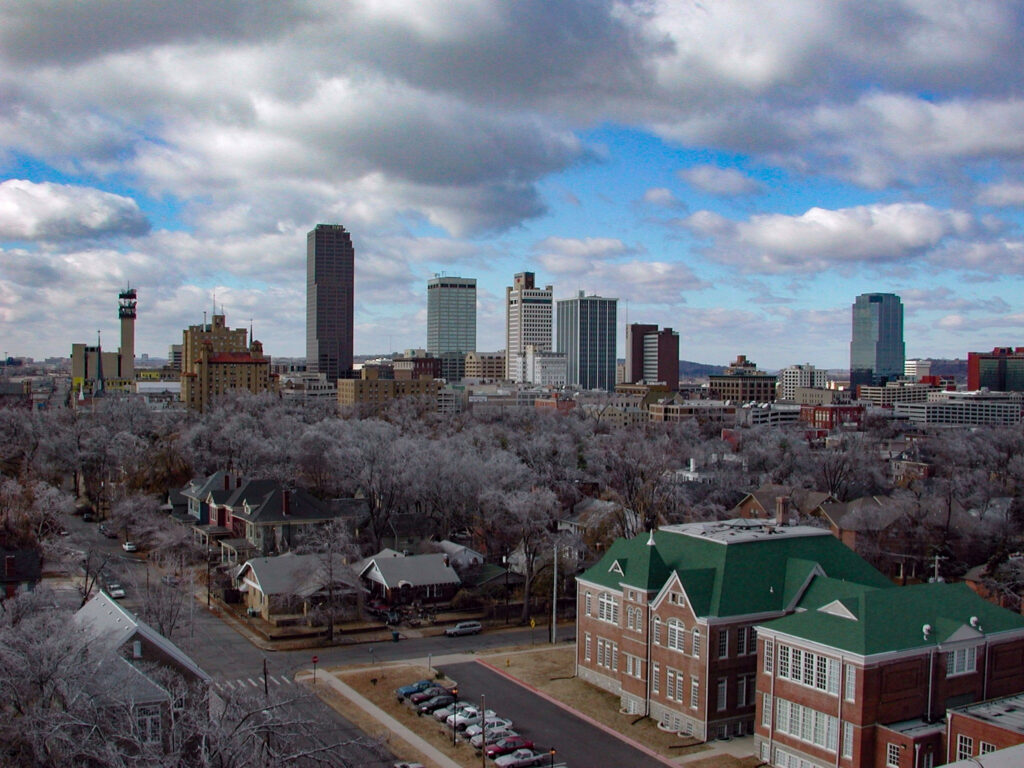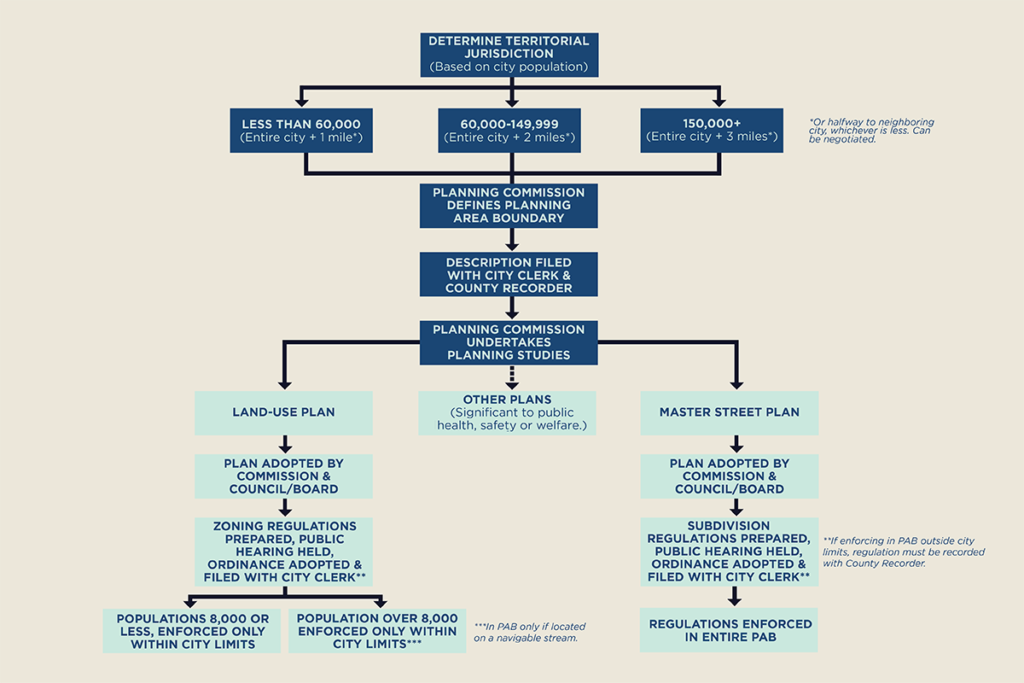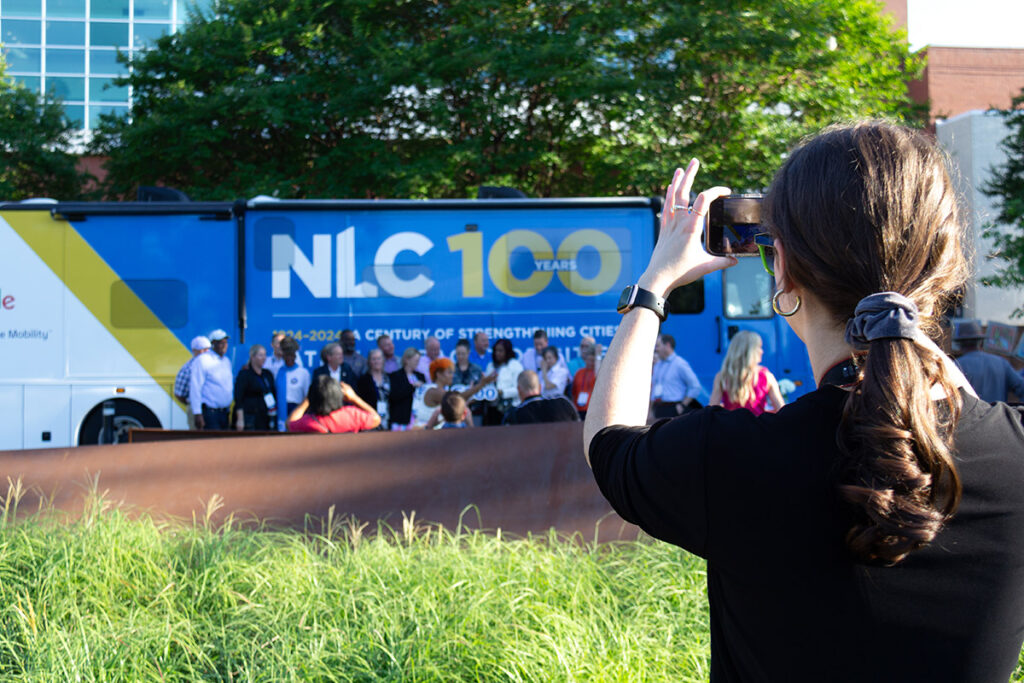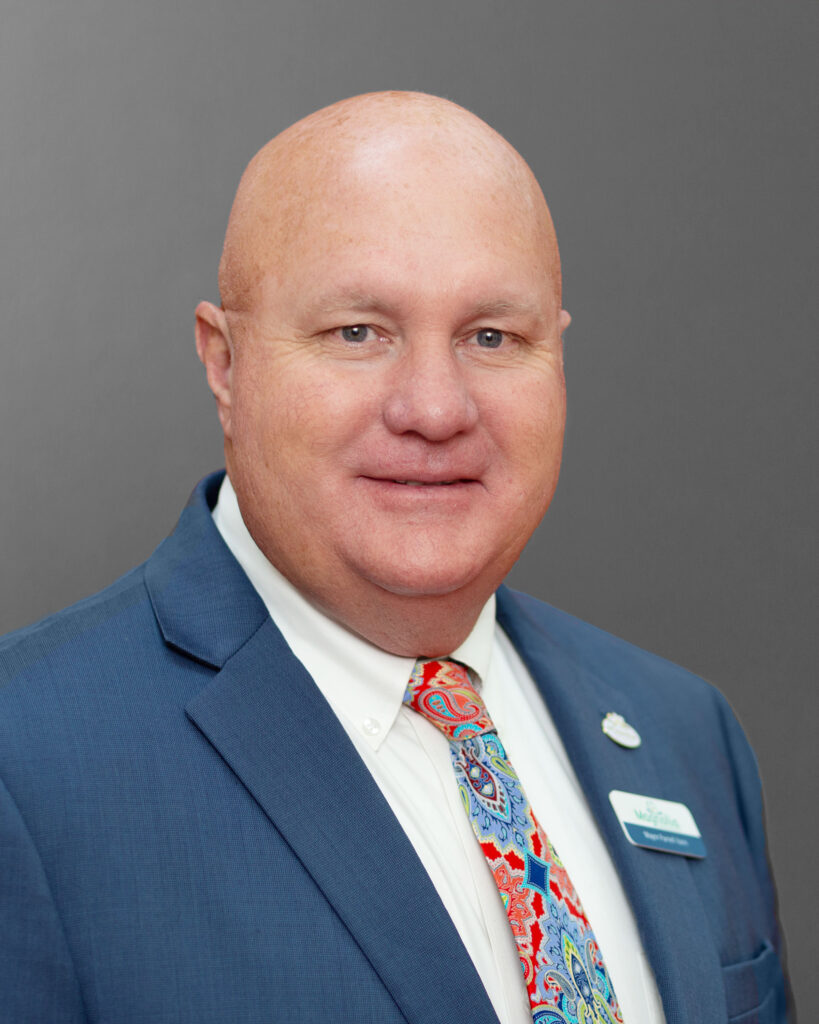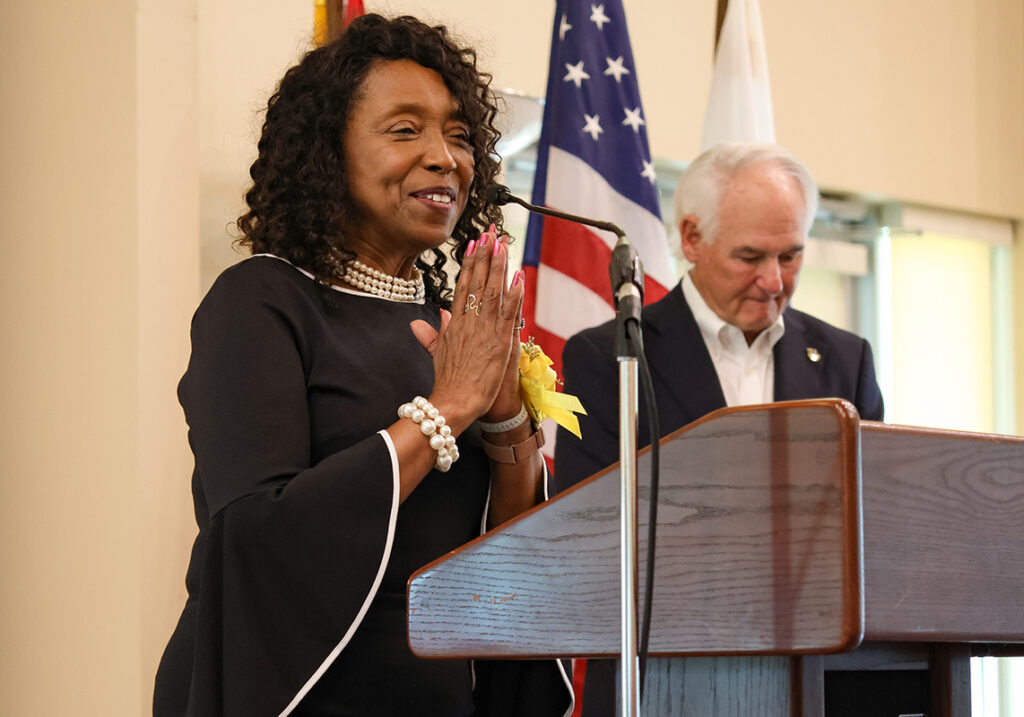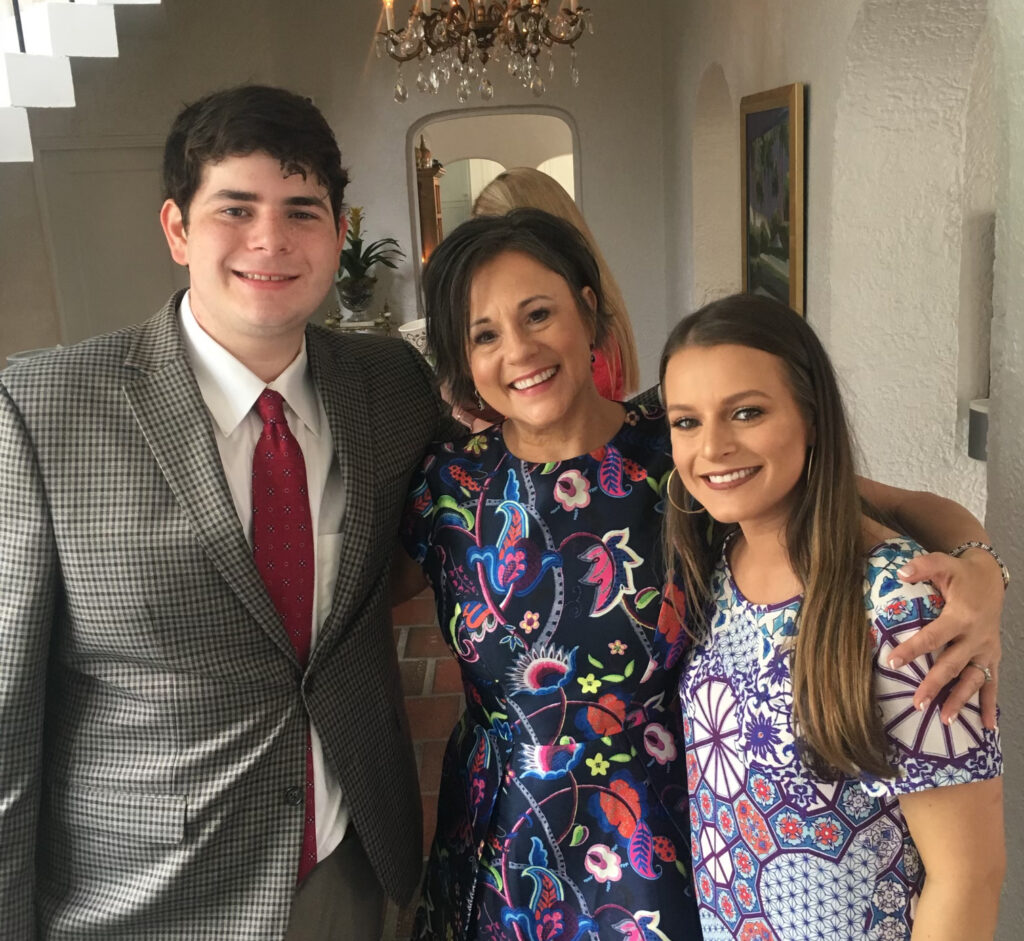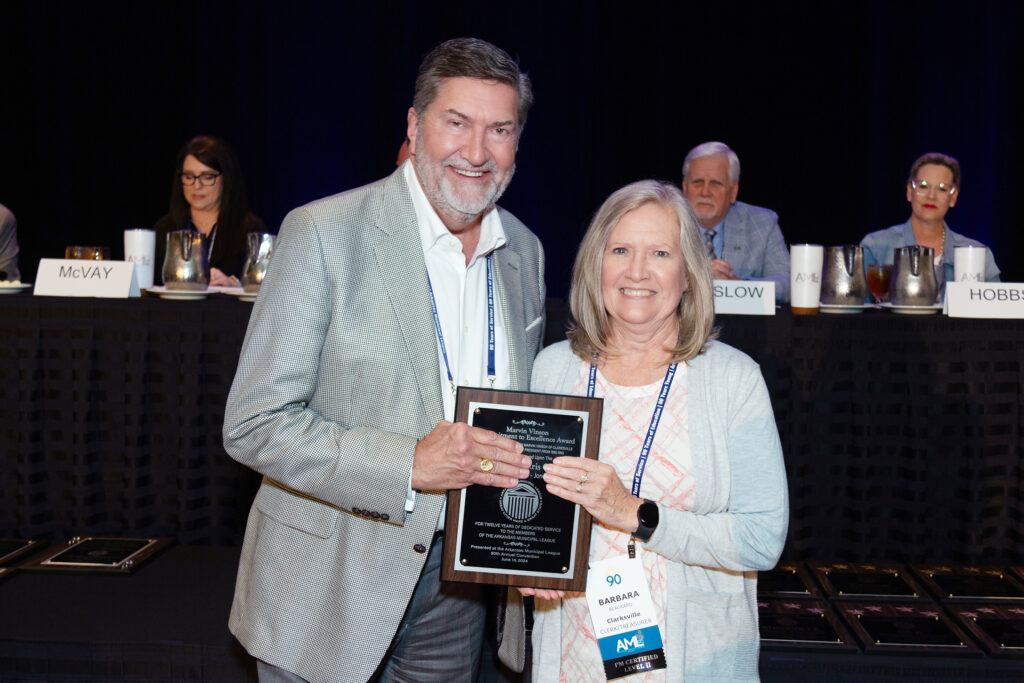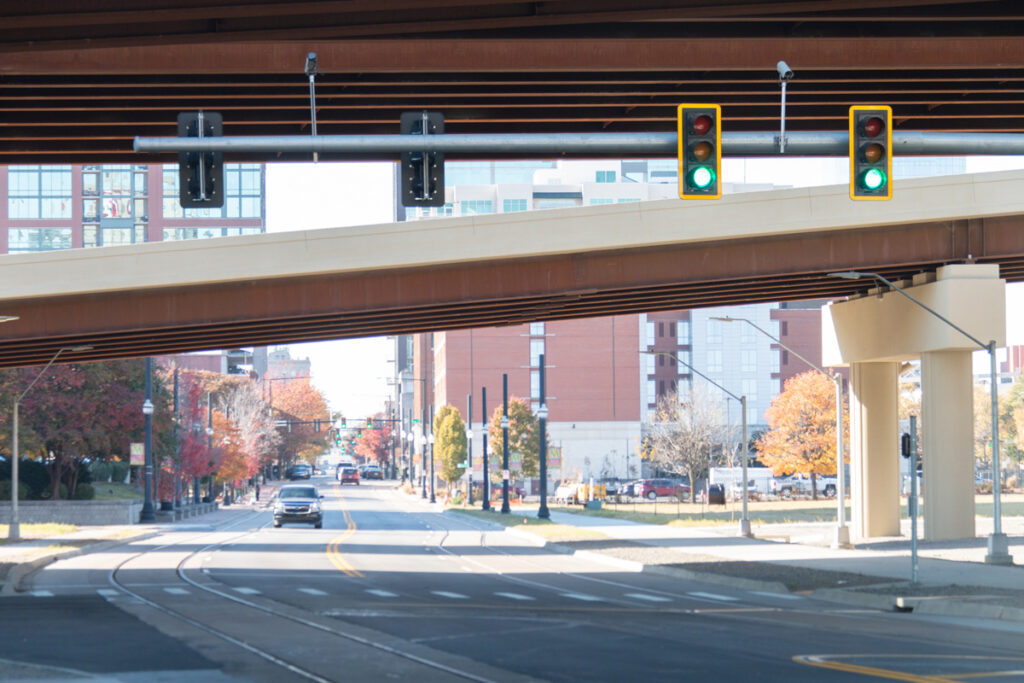In small towns across America—places like Harrison, Arkansas—we depend on neighbors willing to serve. These are the people who volunteer their time on city councils, school boards, planning commissions, and yes, as mayors. They don’t do it for fame or fortune. They do it out of commitment to their communities. But lately, a troubling trend has emerged—one that’s threatening the very heart of small-town leadership.
I’m talking about the steady drumbeat of online attacks, misinformation and personal smears aimed squarely at those who serve. It’s happening in Harrison, and it’s happening in towns just like ours across the country.
Let me be clear: Criticism comes with public service. That’s fair, and it’s part of the job. But what’s happening now isn’t fair. What we’re seeing is a small but loud group of individuals using social media as a weapon to attack not just decisions, but the character, families and reputations of public servants. And they do so under the broad misinterpretation of “free speech,” as though the Constitution is a permission slip to lie, slander or vilify without consequence.
It’s not.
The First Amendment protects speech from government censorship—it doesn’t protect falsehoods from being challenged or outrageous attacks from being called out for what they are: destructive, toxic and wrong.
Here’s the reality: If we allow these voices—often unaccountable, often anonymous and often completely misinformed—to dominate the conversation, good people will stop stepping forward. And if the decent, balanced, thoughtful members of our community walk away, guess who’s left? The very people doing the attacking. That’s a recipe for chaos.
I know firsthand the toll it takes. As mayor, I’ve seen the baseless accusations, the twisted half-truths and the keyboard cowards who tear down what others work hard to build. And I’ve been expected—like all public servants to take it on the chin, to be the “bigger person,” and to respond with calm professionalism.
But here’s what I’ve come to believe: Silence is not professionalism. It’s surrender.
We must call out this behavior for what it is. It is not civic engagement. It is not patriotism. It is not healthy dissent. It is harassment. It is slander. And it is poisoning the well of small-town leadership.
If we want better leaders, we need to start being better to the leaders we have. That begins with honest conversations, civil disagreement and mutual respect. It means holding people accountable in office, online and in our neighborhoods for the tone and truth of their words.
Harrison, like many small towns, has so much potential. But we will never reach it if we allow a few loud, destructive voices to drown out the many quiet, hardworking ones. Let’s not wait until it’s too late—until there’s no one left willing to serve.
Let’s take our towns back. Not just in policy or in progress, but in decency.


